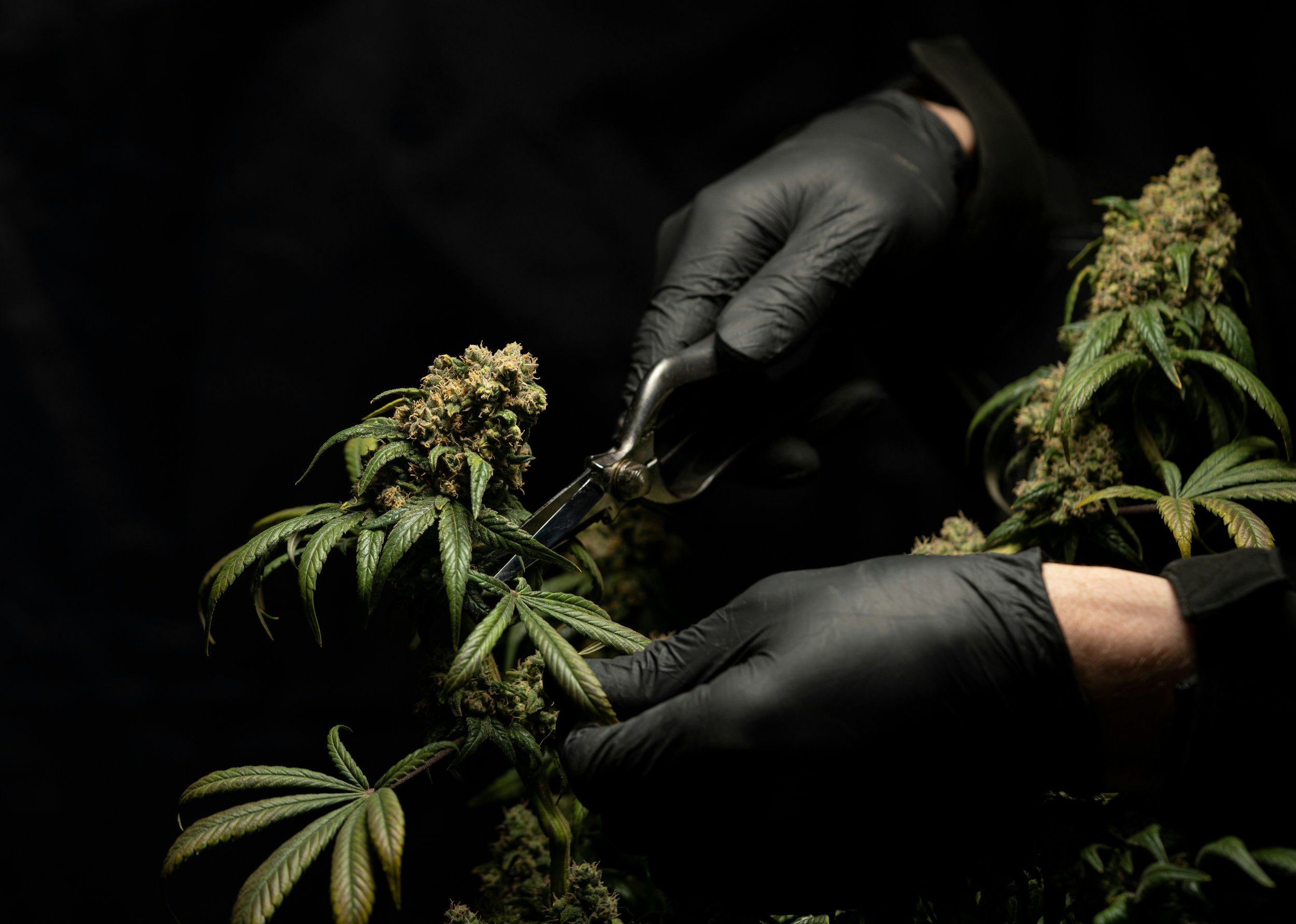Herb Report: Study Shows, Medical Marijuana May Reduce Dependence On Opioids and Painkillers
According to the report, three out of four patients say medical marijuana reduces their use of opioids and painkillers.
Words by Damian Nicholas
CRYSTALWEED /UNSPLASH
A recent study conducted in Ohio discovered that a significant majority of medical marijuana patients in the state have reported that cannabis has lessened their reliance on prescription opioid painkillers and illicit drugs.
The survey, which reached approximately 3,500 participants, was distributed to state medical marijuana patients and caregivers through the Ohio Department of Commerce and disseminated online through social media. The results revealed that 77.5 percent of respondents acknowledged that marijuana reduced their need for prescription painkillers, while 26.8 percent reported a decreased reliance on illicit drugs. Notably, only a small percentage of participants disagreed that marijuana helped reduce their need for prescription painkillers or illegal drugs. The report emphasized that individuals who used cannabis daily were more likely to perceive a reduction in their need for prescription painkillers compared to those who used marijuana less frequently. The study also highlighted that the data collected may not be fully representative of all marijuana users. However, it still provides insight into potential policy changes aimed at minimizing overall harm.
According to the report, the findings suggest policy implications for probation and parole offices, particularly in considering the costs and benefits of removing marijuana use prohibitions for individuals with a history of opioid use. The study also stressed the need for further research to determine the efficacy of marijuana versus other treatments, particularly in light of potential negative health impacts associated with marijuana use. The study proposed that moving marijuana from Schedule I to Schedule III of the federal Controlled Substances Act would facilitate more robust research and alleviate obstacles to experimental trials. The report also raised the concept of a substitution effect, where patients opt for cannabis instead of opioids or other drugs to manage pain, though the nuances of this effect remain poorly understood.
The study's findings align with previous research indicating a potential reduction in opioid prescriptions with nearby access to retail marijuana, though this did not correspond to a decrease in opioid-related deaths. Other research has suggested that medical marijuana may be similarly effective in managing chronic non-cancer pain, potentially offering relief with fewer adverse effects than opioids. Additionally, studies have indicated that medical marijuana use may lead to lower pain levels and reduced dependence on opioids and other prescription medications.
Damian Nicholas covers cannabis, lifestyle, automotive and design in New York. More about Damian Nicholas
Aug 22, 2024More in Journal
ADVERTISEMENT







